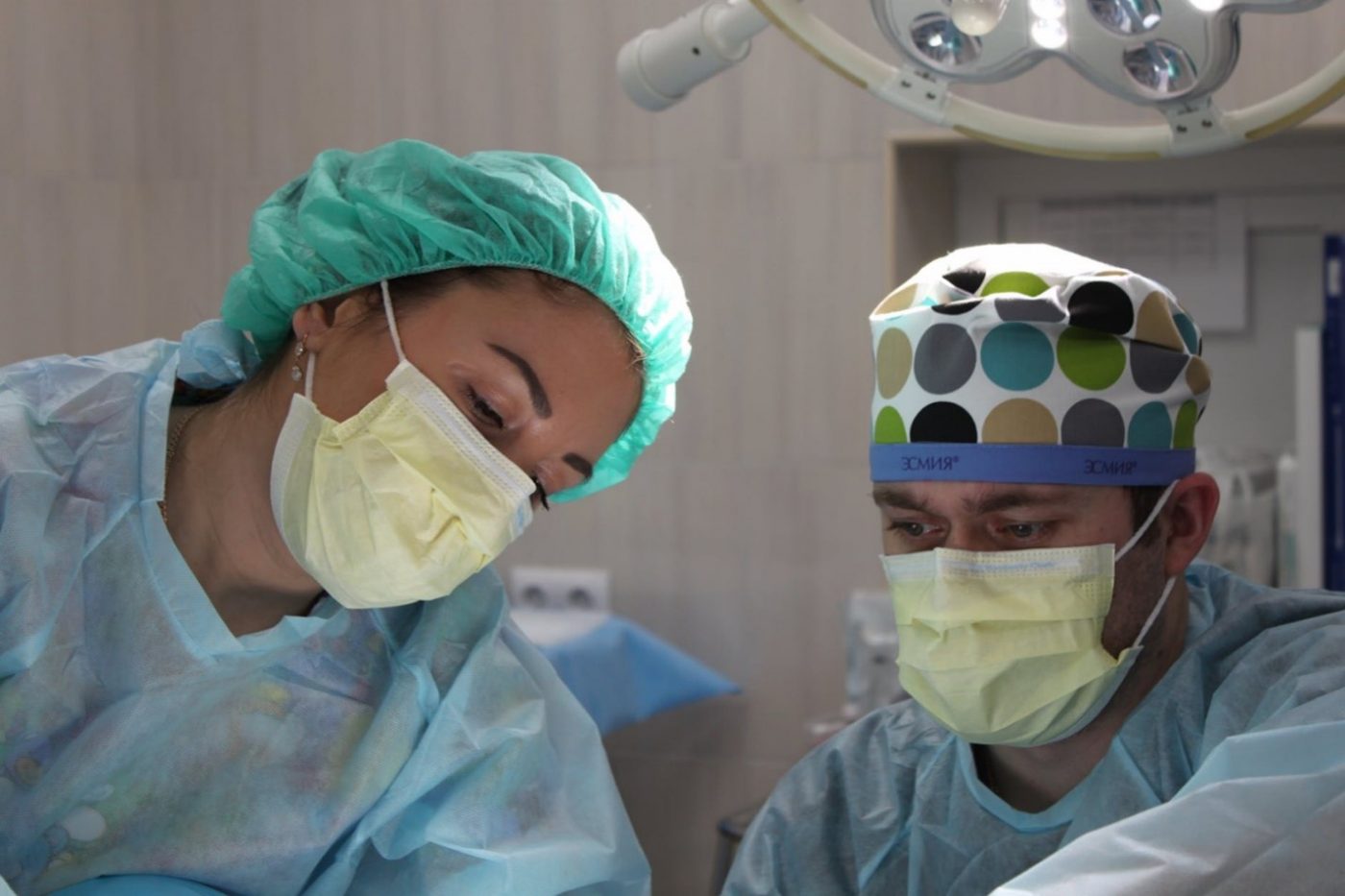Authored by Ashley Lipman
When someone seeks medical care, they expect to receive help with their existing issue— not leave with more issues than they came in with. Unfortunately, hundreds of thousands of patients experience medical malpractice or negligence each year.
While the two terms sound the same, medical malpractice and medical negligence are two different occurrences. Here’s everything you need to know about each and what to do if your healthcare provider does something wrong.
What is Medical Malpractice?
Medical malpractice occurs when a medical professional causes harm to a patient by failing to meet the standards of care. According to a John Hopkins study, 250,000 people die in the US every year as a result of medical malpractice, making this the third leading cause of death before the COVID-19 pandemic.
In many cases, malpractice comes down to complacency, poor communication, or design failures. To be considered medical malpractice, the prosecution must prove that the medical professional willingly or knowingly caused harm and that another medical professional with the same training wouldn’t have.
Examples of Medical Malpractice
Common examples of medical malpractice include:
- Misdiagnoses or failure to diagnose: when proper care is delayed, or improper care is given based on a wrong diagnosis or lack of diagnosis. I.e., if signs of breast cancer were present and the patient went undiagnosed for months.
- Surgical errors: making a mistake during surgery causing bodily harm.
- Medical device failure: drug or device recalls fall under this category. For example, if your pacemaker stops working.
- Hospital errors: making mistakes that directly impact the patent. For example, writing down the wrong medication dose.
There are plenty of other examples of medical malpractice, which a skilled attorney can help identify.
What is Medical Negligence?
Medical negligence is similar to medical malpractice in that the end result of this mistake is harm to the patient. In medical negligence, someone unwillingly caused an error that resulted in the failure to meet the accepted standard of care. Medical negligence is primarily viewed as unintentional and avoidable.
Examples of Medical Negligence
As medical negligence is unintentional and avoidable, it covers many of the communication mishaps and information flow errors in a medical setting. For example, if your GP wants to schedule a specialist appointment and the specialist never receives the fax due to a technical issue, thus impacting your prognosis, that’s medical negligence.

What’s the Difference?
The personal injury attorneys at Harrell & Harrell explain that the most significant difference between medical negligence and malpractice is intention. With medical negligence, the idea is that anyone could have made that mistake, regardless of training. While the error should never have been made, it doesn’t indicate a willful ignorance or arrogance in a specific medical professional.
Medical malpractice, however, insinuates that the medical professional did something wrong that another medical professional would not have. For example, if you discover that your doctor had been drinking before surgery and caused damage, that would be medical malpractice.
There is some overlap between the two, so it’s essential to consult with a skilled attorney to understand the difference when pursuing charges.
Understanding the Legal Process
It’s important to understand that you can only pursue a medical malpractice or negligence charge if you or your loved one experienced harm. In other words, you must have damages to pursue, such as medical expenses, loss of income, suffering, and significant life changes.
When you work with a medical malpractice attorney, they’ll help determine whether you have a case and start assembling evidence. Your lawyer may also source witnesses and prepare for trial should the case go that far.
If you experience medical malpractice or negligence that impacts your health and well-being, you should pursue compensation. Understanding the difference between malpractice and negligence is a strong starting point, but working with an attorney is a necessity to get you the compensation you deserve. Ashley Lipman is an award-winning writer who discovered her passion for providing knowledge on different topics to readers worldwide. Since her first high school award in Creative Writing, she continues to deliver quality content through various niches.
About our author: Ashley Lipman is an award-winning writer and scholarship essay helper at StudyClerk who discovered her passion for providing knowledge on different topics to readers worldwide. Since her first high school award in Creative Writing, she continues to deliver quality content through various niches
Source: https://www.pexels.com/photo/surgeons-performing-surgery-2324837/
Source: https://www.pexels.com/photo/silver-iphone-6-near-blue-and-silver-stethoscope-48603/











